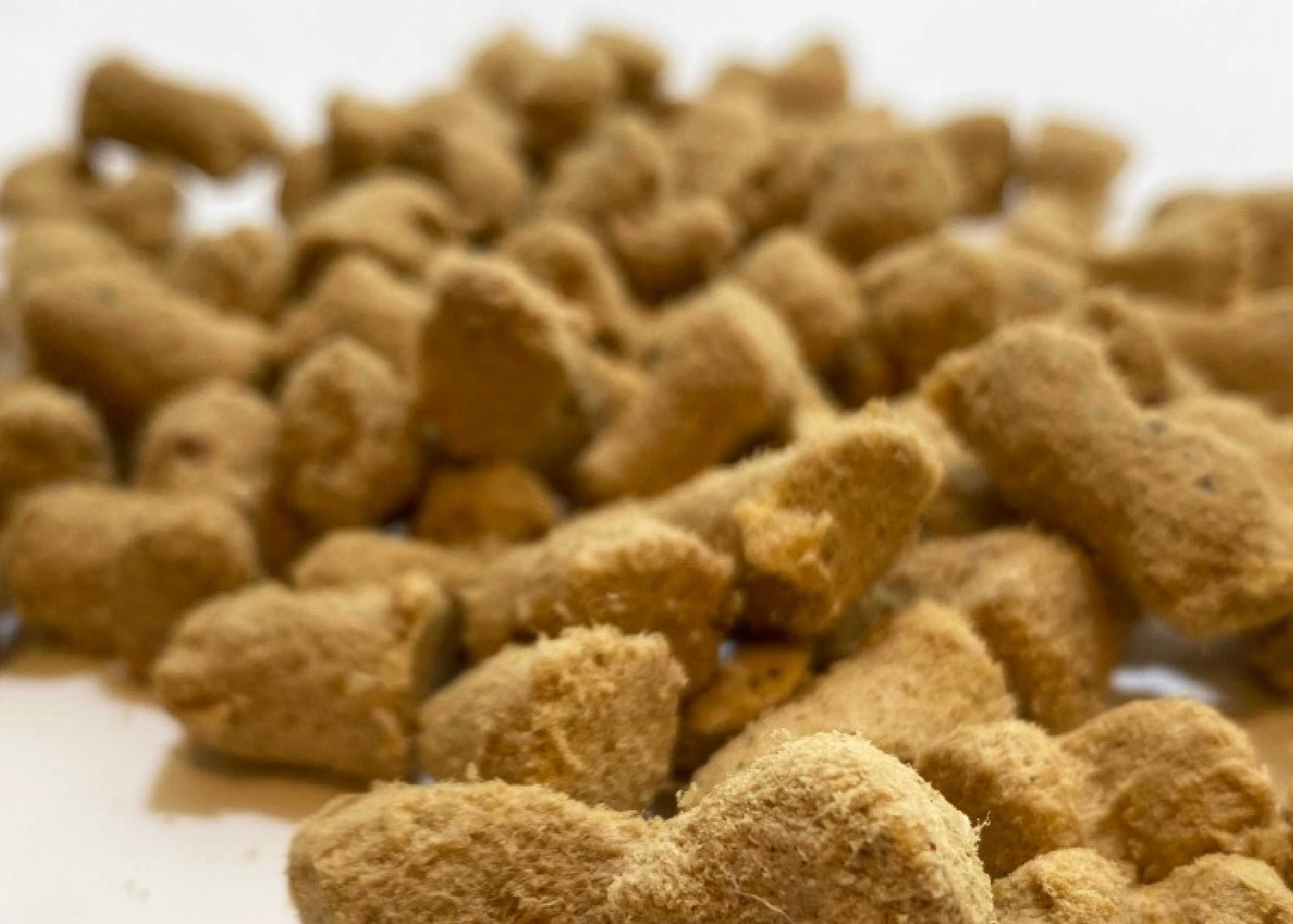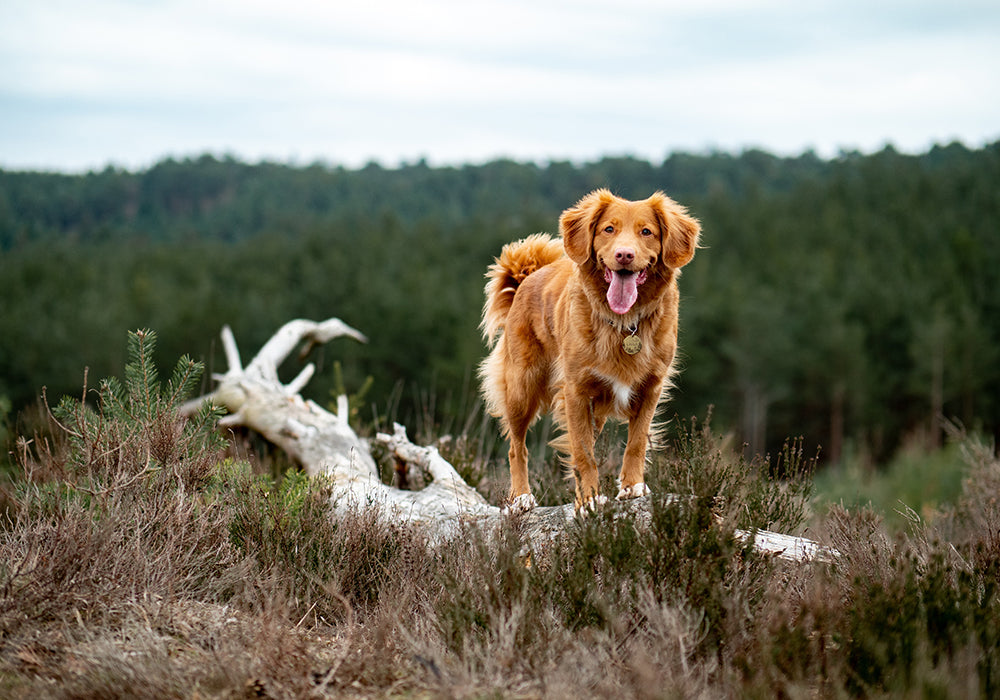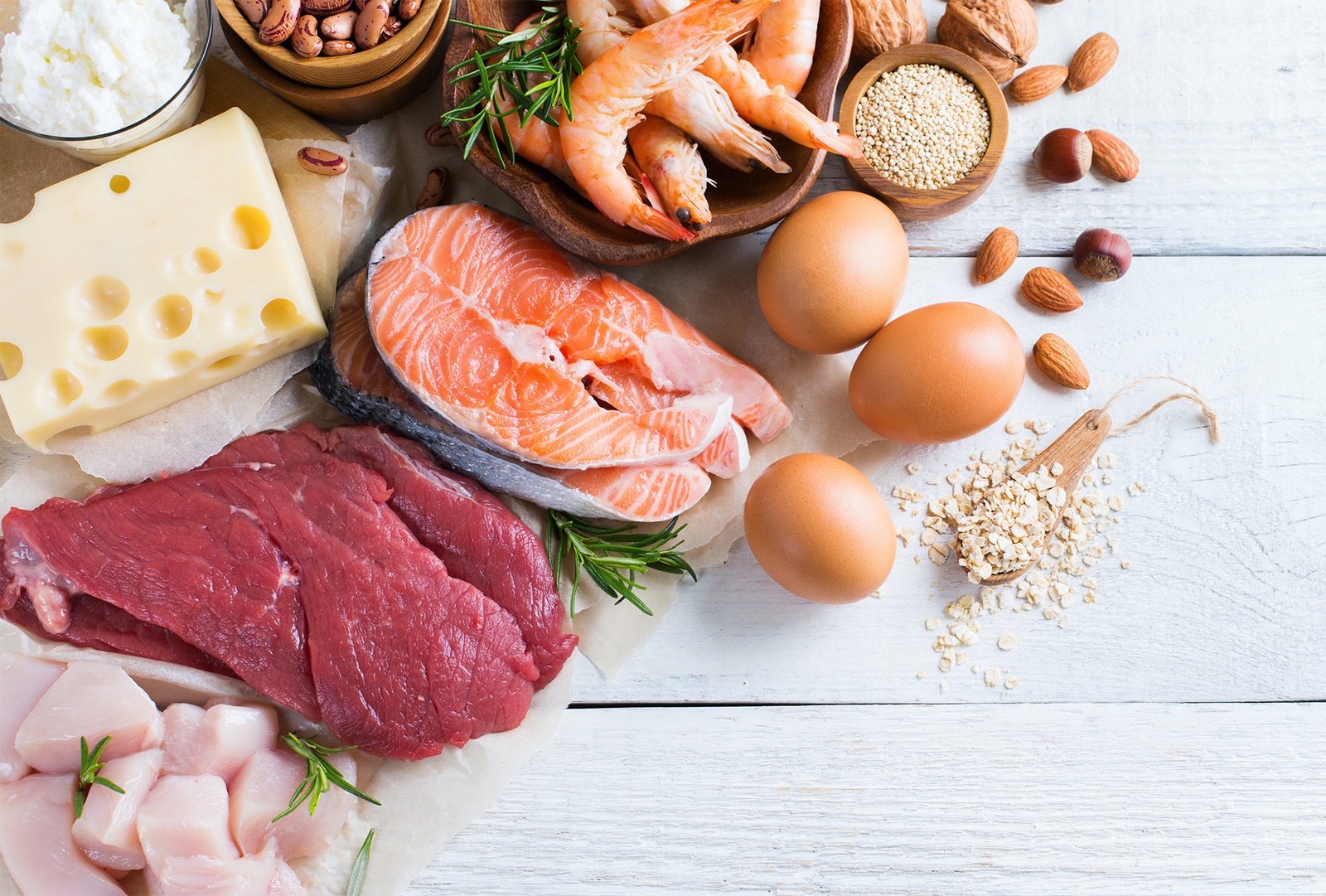There’s an enormous difference in health between pets raised on commercial pet food and those eating a biologically appropriate raw food (BARF) diet. However, commercial pet food has become the accepted way to feed pets throughout the civilized world. Let’s look atdog foods to avoid and why you want to do so.
Processed foods are biologically inappropriate and not up to our pets' standards for optimal performance. Regrettably, a lack of knowledge concerning nutrition has become the basis for recommending processed pet food. Vets need more worthwhile training in nutrition, training in raw whole foods, and a biased approach to commercially produced pet foods. When vets recommend cooked and processed food, they fail pet owners and pets.
"Unfortunately, those who realize that commercially produced dog food does not produce worthwhile results devise and cook up something not very different from the processed food. Consequently, the impact of the dog’s health is not a whole lot better."
Processed pet foods do not produce the lifetime of health promised on the packaging. Super-premium processed foods use cooked grain with high cooked polyunsaturated fats. While this may make for gleaming coats in the short-term, high levels of heat-damaged essential fatty acids lead to degenerative diseases over time.

Most people acknowledge raw whole foods as essential in formulating their healthy diet. Then, why do we insist on feeding our pets processed pet foods? We are prepared to believe the highly improbable theory that dogs will do better on a diet for which their bodies are unsuited rather than their evolutionary diet!
Before the mid-1960’s, pets ate primarily home-produced meals. As our pets moved onto a steady diet of processed foods, we swapped these limited straightforward nutritional problems for complex and insidious degenerative diseases which now afflict our pets.
Processed pet foods are simply biologically inappropriate.
When creating processed pet food, manufacturers add flavor enhancers to ensure the animal eats it, chemicals to prevent it from autolyzing or becoming rancid, and colored dyes to attract the purchaser. The result is a cooked “complete and balanced at every meal” product that does not promote long-term health. Although “legally complete,” it is not biologically complete.
Processed pet foods contain barely adequate levels of vitamins, indigestible and inappropriate grain-based fibers used as cheap fillers. These fibers bind and make unavailable essential nutrients. They have an almost complete absence of biologically appropriate fiber.
Many contain biologically inappropriate antioxidants, enormous levels of refined sugars, and masses of salt. This chemical cocktail is a significant factor in producing the epidemic of degenerative disease, leading to early death and suffering we see in pets, including cancer, arthritis, allergies, and autoimmune diseases.
It is now widely recognized that cooked food has lost much nutritional value. Cooked foods lack enzymes and biologically active essential fatty acids due to heat denaturation. Once denatured, enzymes are no longer biologically active. Denatured essential fatty acids, which should be the backbone of health, become slow poisons, doing irreparable damage. All processed pet foods are disease-producing simply because they lack biologically appropriate essential fatty acids.
Cooking also causes complexes to form between proteins and starches, between vitamins and trace minerals, and between minerals and minerals. By this method, carcinogens and anti-immunogens form, making many minerals, essential amino acids, and vitamins indigestible.
Processed and cooked foods lack nutrients only present in fresh raw foods, nutrients the body requires for healthy longevity. They include biologically appropriate antioxidants - substances present in the species' diet until recently - and 100,000+ phytochemicals.
It takes years to notice such nutrition loss. Even then, degenerative diseases are generally assumed to be part of the “normal” aging process instead of linked to diet.
At no time in their evolutionary history (except in the last 50 to 150 years) have dogs been subjected to cooked grain in any amount, and certainly not as the basis of their diet. Our pets have only suffered eating this way for a relatively short period, however, we have seen a spike in complex degenerative diseases.
Biologically inappropriate foods attempt balance at every meal rather than a diet that’s balanced over time. Combining vitamins and minerals with chemicals, starches, proteins, rendered fats, and then mixed and subjected to high heat, makes many nutrients unavailable, while producing toxic and carcinogenic chemicals.
Given our busy society, most people purchase the food they do for convenience. Mistakenly, they assume highly-processed, long shelf life, “balanced” food fulfills their pet’s nutritional needs. While processed food may satisfy hunger and provide base nutritional elements, there’s evidence to support that it’s not the best choice for your pet.
Processed foods are bad for you and your pet.
We intuitively know it’s unhealthy for humans to eat processed foods for every meal, but many pet owners don’t seem to realize that this is the same for our pets food.
Your pet could be suffering.
Dangers associated with processed dog foods to avoid are those of chronic inflammation:
Over time, inflammation travels deeper into the body, causing diabetes, Cushing’s disease, hypothyroidism, Addison’s disease, and even cancer.
Almost 60% of dogs in the United States are overweight, with nearly 43 million overweight to obese. Furthermore, there’s strong evidence that overweight dogs have shortened life expectancy by 2.5 years. The good news is that it’s never too late to switch your dog over to a raw diet.
Pet owners can easily sacrifice small amounts of convenience to feed their pets quality food. With practice, getting around dog foods to avoid becomes second nature, for you and your pet. Our scientifically-backed Barf® Diet ensures your pets get the essential nutrients they need and deserve, based on evolutionary studies and decades of dedicated research.
Now that you understand our products’ ingredients, let your pet try them. Shop through the best raw dog food available and give your pet nutrients to support their bodies and minds.




